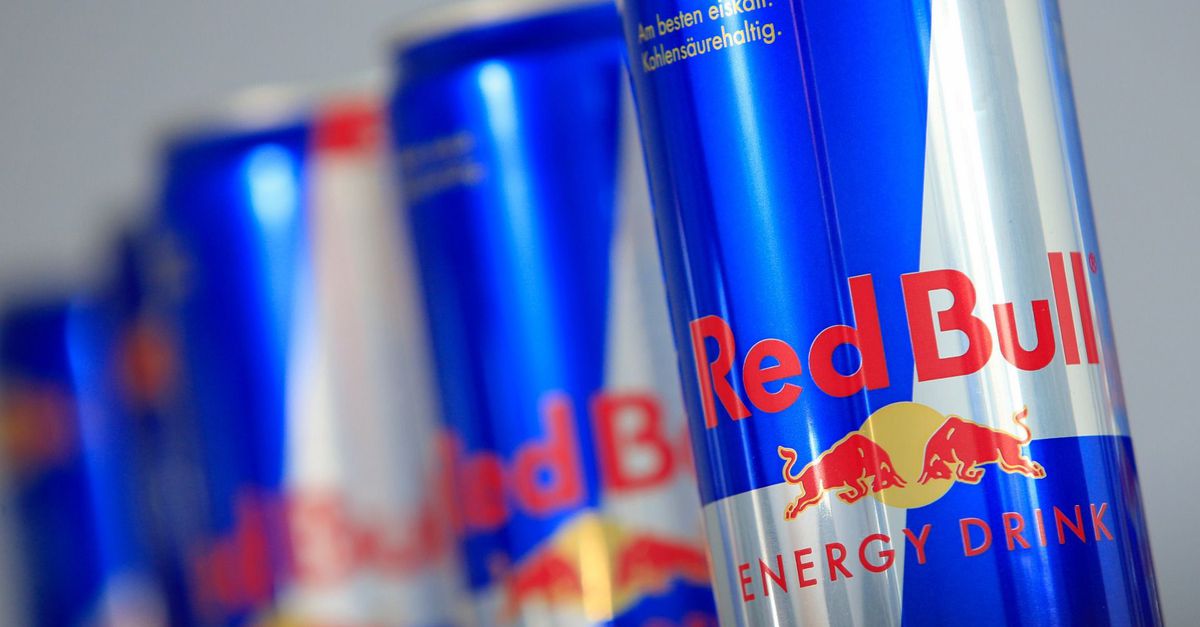We tend to associate memory loss, dementia, and Alzheimer’s with old age, but we shouldn’t assume that being young grants us immunity from such conditions. Recent studies by Mayo Clinic have shown that early-onset Alzheimer’s disease has struck more than 400,000 people in the US well under the age of 65. In fact, some of its initial indicators include the trademark symptoms of agitation, confusion, withdrawal, poor judgment, and epilepsy. Of course, I don’t mean that if you have moments of agitation or confusion, you have Alzheimer’s, but it’s essential to remain wary of changes in your physical and cognitive behavior.
College is notoriously known for stimulating mental health predicaments such as stress, anxiety, nervousness, and mental fatigue. Nevertheless, while we’re young, we do have one tool in our favor that the older generation does not—our youth! We tend to have the time, the energy, and the muscle strength to ensure that we take every precaution to protect ourselves from memory loss. There are a number of relatively simple steps that we can take to ensure the integrity of our cognitive system well into old age.
One of the first and most essential tips is to be aware of how your mind and body are functioning together. Stop dismissing mental health issues as problems associated with old (or rather, increasing) age. Studies by the Cleveland Clinic have shown that stress at a young age has a definite correlation to memory problems later in life, and we can’t deny that we experience a significant amount of stress throughout our daily lives, balancing sports, studies and other extracurricular activities. We must then take it upon ourselves to ensure that the late nights we put in towards being successful don’t lead to later mental issues.
De-stressing is important, but lazing around and turning off your brain for a couple days does not count as effectively de-stressing. As attractive as these may sound, the best ways to de-stress whilst still ensuring that your brain is being challenged are brain teasers and spatial reasoning games. Spending about an hour each day on activities such as solving riddles and puzzles or even playing games such as Tetris can serve to raise your brainpower significantly. In fact, studies by the Mind Research Network, a nonprofit organization that examines brain injury and mental illness, have proven that the visual-spatial connections that Tetris requires you to make increases gray matter plasticity and brain function on the whole.
Being in a healthy relationship is another ultimate memory booster. Humans are highly social animals, and we are not meant to survive, let alone thrive, in isolation. One recent study from the Harvard School of Public Health shows that having meaningful relationships and a strong support system is vital not only to emotional health but also to brain health; researchers found that people with the most active social lives had the slowest rate of memory decline.
Finally, I believe that laughter truly is the best medicine. Unlike some emotional responses, which are limited to specific areas of the brain, laughter engages multiple regions across the whole brain. Furthermore, listening to jokes and working out punch lines activates areas of the brain vital to learning and creativity. As psychologist Daniel Goleman notes in his book Emotional Intelligence, “laughter […] seems to help people think more broadly and associate more freely.”
Needless to say, following these helpful tips will guarantee that you not only have a memory that can last you well into old age but also improve the way you think and feel at present. So, don’t leave it for later, get on that brain-boosting treadmill as soon as possible, and you definitely won’t regret it!
Article by Rosheen Z. Birdie
Feature Image Source: big think
























